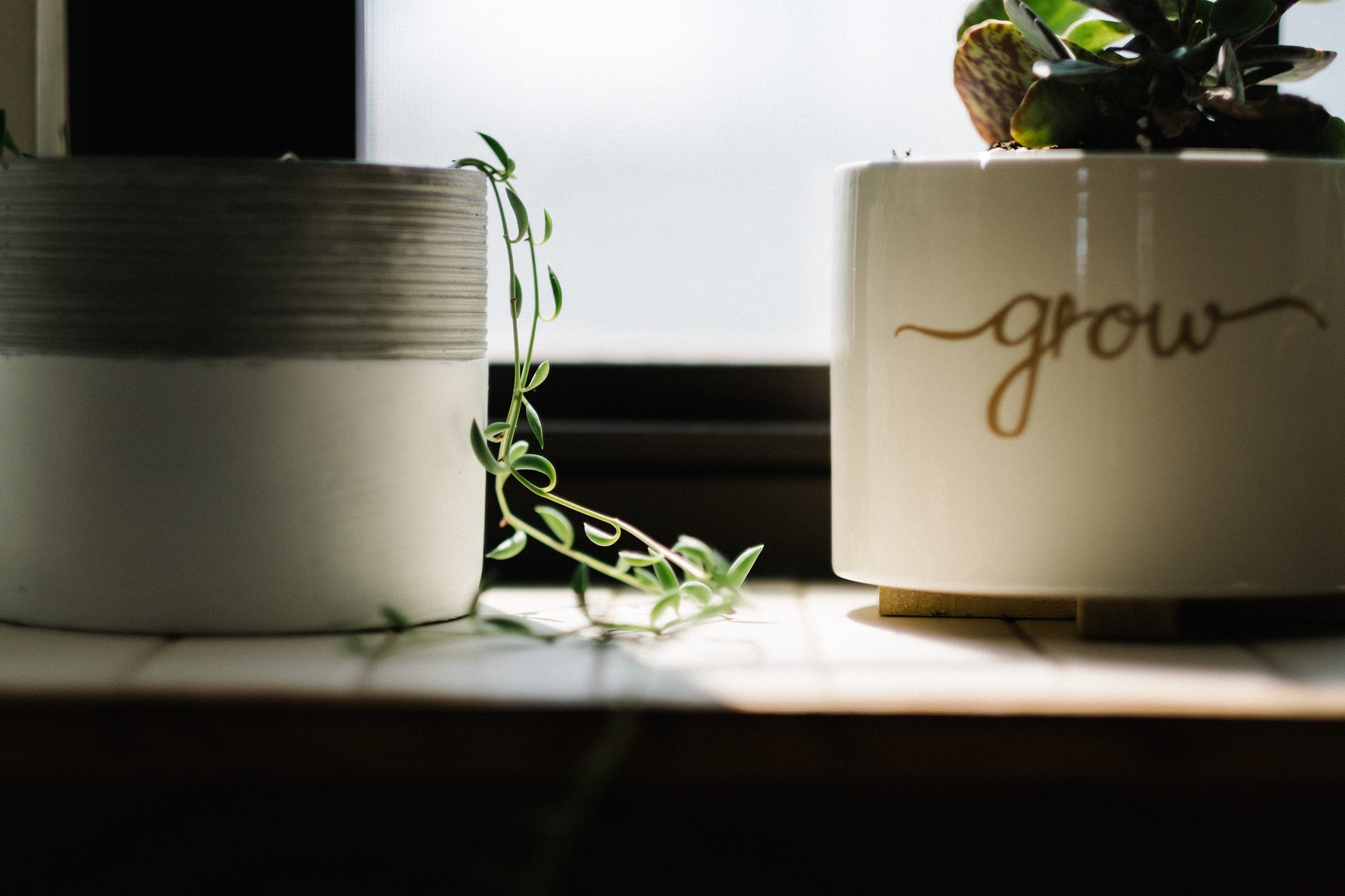Startup is an interesting word. They used to just be called small businesses. But of course, startups aren’t meant to remain small. They are meant to grow, and usually, grow rapidly. Maybe they should be call growups.
If I’m being honest, I wasn’t sure that I wanted to get back into a startup after SmartThings. The last few years really burned me out and it wasn’t all Samsung’s fault. There were lots and lots of little self-inflicted wounds we gave ourselves along the way. I was enjoying time off and travel. I got cats, read, blogged (a bit); helped start a non-profit based on effective giving, moved to the Pacific Northwest (sort of). I wasn’t bored.
I had even been helping a friend or two with some startups of their own — doing brand and design work, strategic planning, even a bit of front-end development. It was fun.

So when I agreed to speak with Tim Enwall, Misty Robotics’ CEO, it really was as an advisor to what they were attempting to start. But as I learned of Misty’s products, mission, and team, the more I discovered overlapping interests and experiences that I could bring to bear to an exciting opportunity. In fact, it seemed like the role was tailored specifically to those interests and experiences.
But still, the idea of rejoining a startup wasn’t wholly appealing. I had a lot of questions. They were mostly about myself. Could I have a sense of ownership in an organization I hadn't started? Had my abilities atrophied from several years of disuse? Would I have sufficient motivation to participate fully in this type of endeavor again? Could I maintain a sense of balance between the life I now felt protective of and the demands an early stage company would place on my time and attention?
Now a year into this new adventure, I have answers to these questions. Yes. No. Yes. No.
Well, three out of four ain’t bad, as they say. But I’ll need to make adjustments on that last one if I’d like to enjoy any sort of longevity at Misty (or any other effort I undertake). My life with Jena is too important to slip into old patterns — to prioritize work ahead of us. I’ll need to take time off. Not just vacation, but evenings and weekends. That can be hard at a startup. It will just take awareness, discipline, and good habits. It will take growth—growth of a different kind.


Comments